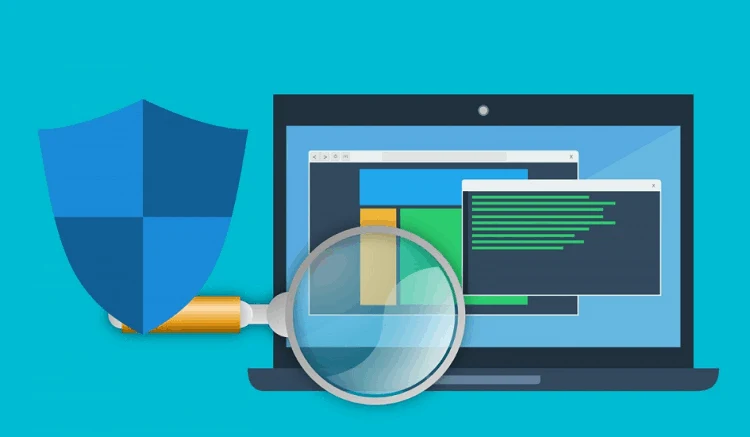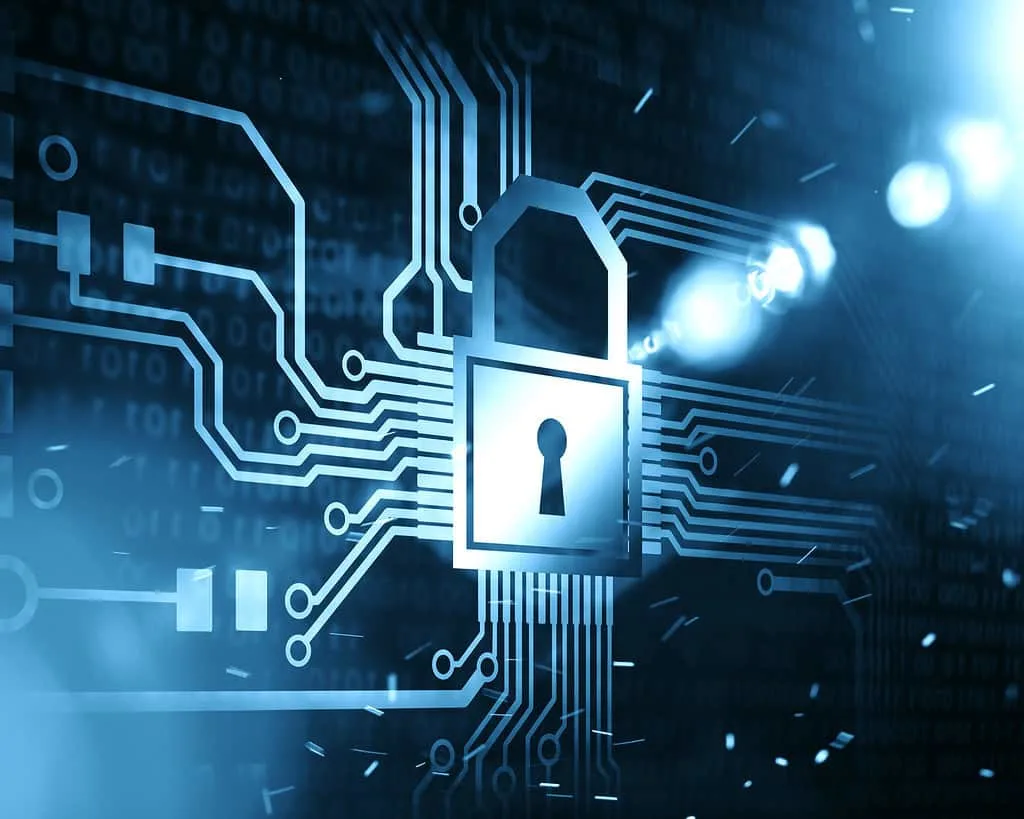Security software has become a necessity for online protection. We live in the modern age of technology and information, and we have more sensitive data on our computers and mobile devices than ever before. And it doesn’t look like that trend is going to slow down any time soon. As time moves forward, humanity is creating exponentially more data.
There’s a staggering amount of private information and sensitive data on our phones, and in just a few years, we’ll be even more dependent on data. But despite all the blessings and convenience that modern technology and the Internet provide us, there are some ugly drawbacks as well.
For instance, consider that if a hacker is able to successfully break into your phone or computer, they could access private photos, payment card data, sensitive work documents, social media accounts, login credentials, and thousands of other things you’d rather keep private.
The worst part is, however, that people don’t always know their phone has been hacked into. While some viruses are blatantly obvious and display images and text alerting the user of its presence (such is the case with ransomware), many other types of viruses operate in the background, and can slip by unnoticed. Due to all the security threats on the modern Internet, I typically recommend that people use the following types of protection:
Protection Options to Consider
- Antivirus software
- Internet security software
- VPN tunnels
- Secure cloud backup/cloud storage provider to safeguard data with strong encryption
- A password manager that uses end encrypted password database
- File shredding tools when you need to delete sensitive data
- Hard drive encryption tools
While that list may look a little lengthy, note that many of the tools can be obtained for free. And although the free tools are watered down, they at least provide some manner of protection against online threats like eavesdropping governments, ISPs, hackers, viruses, and malware.
However, I’d like to delve into greater detail regarding the first two pieces of security software: antivirus software and Internet security software. After all, what’s the difference, and which one is better? To answer those questions, let’s start by analyzing and defining antivirus software.

Antivirus Software
If you’ve ever owned or used a computer (and let’s face it, that should be just about everyone), you’ve probably come into contact with some sort of antivirus software in the past.
Antivirus software has become a necessity these days, mainly because there are so many hackers, vulnerabilities, exploits, viruses, and other types of malware lurking on the Internet, just waiting to infect your computer.
Without antivirus software, it isn’t feasible that you’d ever find a way to identify and delete the viruses – even if you held advanced degrees in computer science. There are just too many threats in the wild.
Believe it or not, any competent antivirus service (like Norton, BitGuard, etc.) has teams and teams of I.T. engineers looking for the latest threats and subsequently updating their database of virus signatures.
And at its core, that’s really all antivirus software is. It’s simply a long list (or database) of known security threats. Whenever you run a scan, the software will look for all of the latest viruses, as referenced in its database, on your computer.
If it identifies one, it will quarantine the necessary files and remove the virus. Pretty simple, right? Well, antivirus has evolved over the years, which is a natural and beneficial side effect of healthy competition among software providers. In the past, it was more common to have separate services for antivirus, antispyware, and adware applications.
These days, however, it’s much more likely that you are going to be covered from a smattering of different threads, instead of only malware that fits under the ‘antivirus’ umbrella. Most antivirus solutions are going to be able to protect your computer from the following types of malware:
What Should You Protect Against
Furthermore, you’ll find that antivirus software includes enhancements like real-time protection. Basically, the software is able to keep an eye on background processes, as well as hardware like CPU and memory, and can identify oddities and anomalies.
The ability to scan processes in real-time gives a virus even less of a chance to successfully infect a system and can mitigate the risk of critical system files from becoming corrupted.
And in a nutshell, that’s really all there is to antivirus software. Its main purpose is to find malware and remove it from an infected system. Now, that’s not to say that some providers will package in a few extra features here and there. But by and large, that’s really all antivirus software does. If you want complete online protection, you’re going to need to look into an Internet Security package.
Internet Security packages are really just a suite of software that includes a lot of extra goodies and features that plain-vanilla antivirus software usually lacks. Some of the possible extra features include the following:
- Phishing protection – compares links with a black-list of known bad sites to prevent you from visiting a malicious link
- Secure online payments and credit card features – uses secure transaction protocols and threat detection to make sure that your payment card data isn’t stolen
- Password managers – store passwords in an encrypted database to prevent login credential theft
- File shredders – securely delete a file in such a way that it can’t be recovered, which is crucial if you’re selling or throwing away an old hard drive/desktop PC
- Social media tools – help by ensuring that you don’t visit malicious links posted on social media sites like Twitter, Facebook, and more
- Parental controls – help parents monitor and control what content their children can access
- Ability to manage multiple devices from a web portal – helps monitor system scans and system health among multiple devices for easier management
- Moderate cloud storage space – cloud storage can be used to store backups of critical system files and state backups
- Backup software – though I’d prefer backup software from a provider focused on backups and storage (like SpiderOak One), having the ability to backup files is still a necessity
- Enhanced firewall – improved firewall controls can help block incoming attacks, threats, and viruses in real time by blocking the sender’s IP address (among many other advanced functions)
- Email scanning and spam filter – email is one of the most popular ways to send viruses, but filtering spam can mitigate most of these threats
- Identity protection – crooks and thieves are always trying to take advantage of the next sucker, but identity protection will prevent others from stealing sensitive information that can be used to digitally impersonate you
- PC tune-up and optimization tools – a virus can really slow down your PC, even after it’s been removed; optimization tools will help speed things up
This isn’t necessarily a comprehensive list, either. The amount of extra features that surpass a provider’s standard antivirus software is entirely dependent on the provider.
For instance, I’ve even seen a couple of Internet Security packages bundle in VPN services as well. Also, note that any Internet Security package that’s worth its salt is going to include all of the features of their antivirus software, too, so you won’t have to buy both versions.

Final Thoughts Internet Security vs Antivirus
So which is better, Antivirus or Internet Security software? Naturally, the answer is Internet Security software. It’s just got so many additional features that it blows traditional antivirus software out of the water.
Remember what they say: an ounce of prevention is worth a pound of cure. You may think it doesn’t matter if Internet Security software can prevent you from getting a virus since your antivirus software will remove the virus anyway. But ask yourself, what’s really at risk? What are the consequences of a successful attack? Will an attacker be able to get their hands on your credit card?
Maybe they’ll be able to get their hands on your login credentials for social media sites, and thrash your social life to splinters. Perhaps they could find an embarrassing photo of you and post it online. While it’s true that antivirus software will be able to correct any issues caused by malware, it doesn’t offer anywhere near as much protection as a full Internet Security Suite.
Check out how some of the top brands compare:

